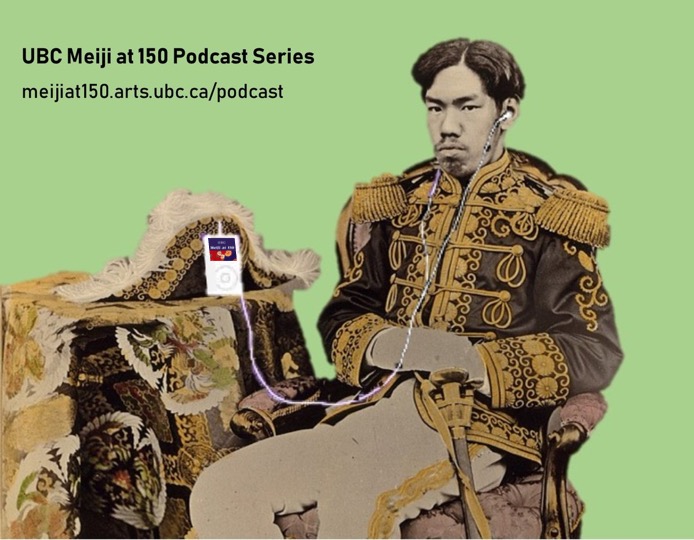
In the Meiji at 150 Podcast, host Tristan Grunow (UBC) interviews specialists of Japanese history, literature, art, and culture. Topics covered will range from the position of the Meiji Restoration and Meiji Period in each scholar’s research, to how they view the significance of the Restoration in Japanese and global history, and finally to how they teach the Meiji Period in their classrooms. Follow us to hear about the recent research of prominent scholars of Japan along with their pedagogical approaches to one of Japan’s most transformative periods.
Click here to view the Meiji at 150 Podcast Episode Guide
Episode 60 – Dr. Louise Young (University of Wisconsin-Madison)
 In this episode, Dr. Louise Young de-centers Japanese modernization during the Meiji Period by re-orienting our attention to Japan’s peripheral “second cities,” including Niigata, Okayama, Kanazawa, and Sapporo. We discuss uneven power relations between the center and periphery, trace the circulation of ideas of urban life between domestic and colonial cities, and link imperialism to the rise of a culture of popular Japanese fascism in the 1930s before retracing historiographical shifts in scholarship on the Restoration. (Transcript here).
In this episode, Dr. Louise Young de-centers Japanese modernization during the Meiji Period by re-orienting our attention to Japan’s peripheral “second cities,” including Niigata, Okayama, Kanazawa, and Sapporo. We discuss uneven power relations between the center and periphery, trace the circulation of ideas of urban life between domestic and colonial cities, and link imperialism to the rise of a culture of popular Japanese fascism in the 1930s before retracing historiographical shifts in scholarship on the Restoration. (Transcript here).
Episode 59 – Dr. Garrett Washington (UMass-Amherst)
 In this episode, Dr. Garrett Washington reinserts Christianity into the history of the Meiji Restoration, detailing the activities of early missionaries to proselytize while promoting Japanese modernization. We discuss the illegality of Christianity and the Hidden Christians in Nagasaki in the early Meiji Period, the impact of Christian values on Japanese women, and the hybridized worship spaces constructed by Japanese Christian congregations.
In this episode, Dr. Garrett Washington reinserts Christianity into the history of the Meiji Restoration, detailing the activities of early missionaries to proselytize while promoting Japanese modernization. We discuss the illegality of Christianity and the Hidden Christians in Nagasaki in the early Meiji Period, the impact of Christian values on Japanese women, and the hybridized worship spaces constructed by Japanese Christian congregations.
Episode 58 – Dr. Andrew Gordon (Harvard University)

In this episode, Dr. Andrew Gordon compares approaches to studying the Meiji Restoration in Japanese and Anglophone scholarship, tracing recent historiographical shifts in scholarship on modern Japan as seen through editions of his textbook. We discuss Dr. Gordon’s efforts to “de-exoticize” Japan in the classroom, to disseminate historical understandings of Japan to the general public, and to digitally document Japan’s present for future historians before talking about his recent seminar on Dark Tourism in Japan. (Transcript here).
Episode 57 – Dr. Timothy Brook (University of British Columbia)
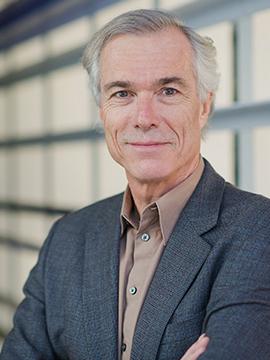 In this episode, Dr. Timothy Brook reviews the Meiji Restoration from the perspective of Chinese history, reconsidering historical narratives comparing Chinese and Japanese responses to Western imperialism and detailing how the Restoration impacted China and Japan’s positions in the region. We discuss how nationalism shaped reactions to the West, the origins of Japanese imperialist expansion in East Asia, and the legacies and lessons of the Meiji Restoration for Sino-Japanese diplomatic relations today. (Transcript here).
In this episode, Dr. Timothy Brook reviews the Meiji Restoration from the perspective of Chinese history, reconsidering historical narratives comparing Chinese and Japanese responses to Western imperialism and detailing how the Restoration impacted China and Japan’s positions in the region. We discuss how nationalism shaped reactions to the West, the origins of Japanese imperialist expansion in East Asia, and the legacies and lessons of the Meiji Restoration for Sino-Japanese diplomatic relations today. (Transcript here).
Episode 56 – Dr. Indra Levy (Stanford University)
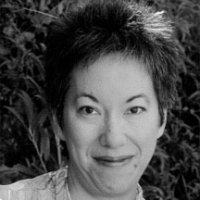 In this episode, Dr. Indra Levy underlines the importance of translation in Meiji-period transformations in Japanese language, literature, and culture. We discuss the role of literature in the modern nation-state, literary characters as allegories for the nation, and the politics of humour in literature before contrasting the relationship between composition and translation in Japan and the US. (Transcript here).
In this episode, Dr. Indra Levy underlines the importance of translation in Meiji-period transformations in Japanese language, literature, and culture. We discuss the role of literature in the modern nation-state, literary characters as allegories for the nation, and the politics of humour in literature before contrasting the relationship between composition and translation in Japan and the US. (Transcript here).
Episode 55 – Dr. Anne Giblin Gedacht (Seton Hall University)
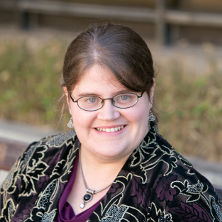 In this episode, Dr. Anne Giblin Gedacht reviews the “Meiji Revolution” from the peripheral Tōhoku region, tracing the formation of regional identity in the Japanese borderlands and tracking the mobility of Japanese migrants to Tōhoku and overseas. We locate Tōhoku in spatial conceptualizations of “Japan” during the Tokugawa period, place Tōhoku within Meiji programs of nation-building, and compare the settlement of Tōhoku to the history of settler colonialism in Hokkaidō and of Japanese overseas immigration.
In this episode, Dr. Anne Giblin Gedacht reviews the “Meiji Revolution” from the peripheral Tōhoku region, tracing the formation of regional identity in the Japanese borderlands and tracking the mobility of Japanese migrants to Tōhoku and overseas. We locate Tōhoku in spatial conceptualizations of “Japan” during the Tokugawa period, place Tōhoku within Meiji programs of nation-building, and compare the settlement of Tōhoku to the history of settler colonialism in Hokkaidō and of Japanese overseas immigration.
Episode 54 – Dr. Andrew Bernstein (Lewis & Clark College)
 In this episode, Dr. Andrew Bernstein charts both the modernization of death practices and the nationalization of Mt. Fuji from the Meiji Period to today. After discussing the invention of Shinto funerals, the Meiji government’s short-lived ban on cremation, and the impact of street traffic on funeral processions, we turn to the emergence of Fuji as a national symbol and then to the development of military training grounds at its base. Dr. Bernstein also briefly describes an interdisciplinary Mt. Fuji study program that he led in 2014 and 2017.
In this episode, Dr. Andrew Bernstein charts both the modernization of death practices and the nationalization of Mt. Fuji from the Meiji Period to today. After discussing the invention of Shinto funerals, the Meiji government’s short-lived ban on cremation, and the impact of street traffic on funeral processions, we turn to the emergence of Fuji as a national symbol and then to the development of military training grounds at its base. Dr. Bernstein also briefly describes an interdisciplinary Mt. Fuji study program that he led in 2014 and 2017.
Episode 53 – Dr. Maren Ehlers (University of North Carolina-Charlotte)
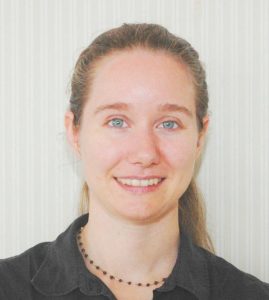 In this episode, Dr. Maren Ehlers re-examines social relations in rural communities in central Japan in the years leading up to the Meiji Restoration, centering on poverty and poor relief programs for marginalized groups such as beggars and outcastes. We discuss the impacts of severe famine on rural villagers, changing expectations of benevolent government in the Tokugawa moral economy, and the increase of internal unrest and rural upheaval from the 1850s. (Transcript here).
In this episode, Dr. Maren Ehlers re-examines social relations in rural communities in central Japan in the years leading up to the Meiji Restoration, centering on poverty and poor relief programs for marginalized groups such as beggars and outcastes. We discuss the impacts of severe famine on rural villagers, changing expectations of benevolent government in the Tokugawa moral economy, and the increase of internal unrest and rural upheaval from the 1850s. (Transcript here).
Episode 52 – Dr. Frederick Dickinson (University of Pennsylvania)
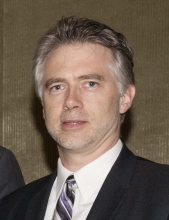 In this episode, Dr. Fred Dickinson argues for the significance of the Meiji Restoration in global history, challenging narratives of the “rise of the West” and emphasizing the impacts of Japanese-empire building on the 19th century world. We discuss the effects of the Sino-Japanese War on Western imperialism, documentary sources for placing Japan in global history, and the lessons of Meiji Japan for the world today. (Transcript here).
In this episode, Dr. Fred Dickinson argues for the significance of the Meiji Restoration in global history, challenging narratives of the “rise of the West” and emphasizing the impacts of Japanese-empire building on the 19th century world. We discuss the effects of the Sino-Japanese War on Western imperialism, documentary sources for placing Japan in global history, and the lessons of Meiji Japan for the world today. (Transcript here).
Episode 51 – Dr. Alice Tseng (Boston University)
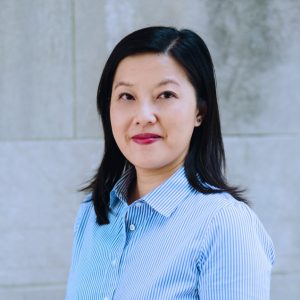
In this episode, Dr. Alice Tseng reconstructs the Western foundations of Meiji period architecture along with government attempts to mediate Japanese modernization in built form. We discuss the politics of building design, representations of Japan at international expositions, and the reactions of foreign visitors to Tokyo before relocating our conversation to the development and urban design of modern Kyoto.
Episode 50 – Dr. Sidney Lu (Michigan State University)
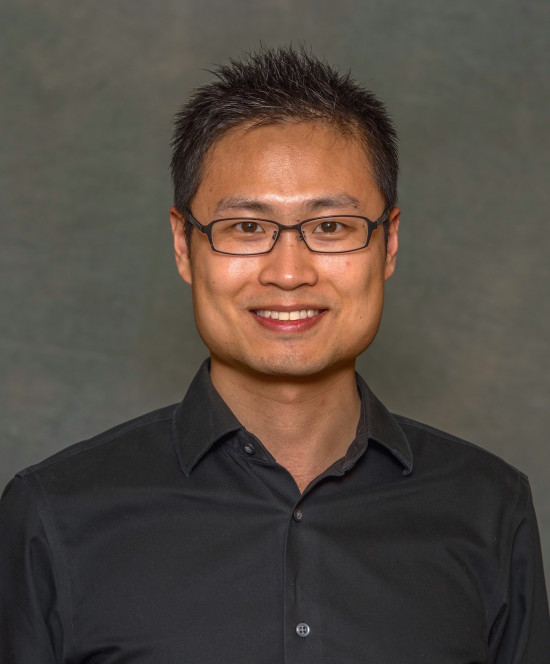
In this episode, Dr. Sidney Lu tracks Japanese migrants overseas to the Americas during the Meiji Period, denoting discursive ties between trans-Pacific migration and Japanese colonial expansion. We discuss the ideas and rhetoric of settler colonial promoters including Fukuzawa Yukichi, compare and contrast Japanese settler colonialism in Korea and the United States, and reflect on how trans-Pacific migration transcends nation-centric histories.
Episode 49 – Dr. Laura Nenzi (University of Tennessee)
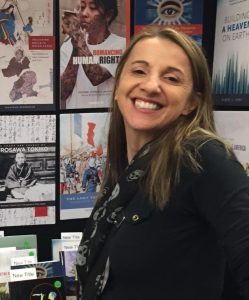
In this episode, Dr. Laura Nenzi retells the story of the Edo-Meiji transition through a micro-history of Kurosawa Tokiko, a rural schoolteacher and soothsayer who was arrested by the Tokugawa Bakufu for her political activities prior to 1868. We discuss Tokiko’s attempts to preserve her identity amidst change, the micro-history methodology and how it changes our view of the Restoration, and conflict and resistance in the Meiji Period before comparing notes on teaching, and living in, Tokyo. (Transcript here).
Episode 48 – Dr. Eric Han (College of William & Mary)
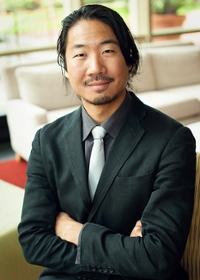
In this episode, Dr. Eric Han recreates the scene of a gruesome murder in 1899 Yokohama to call on the history of treaty ports and extraterritoriality in the years leading up to and after the Meiji Restoration. We discuss the politics of treaty port selection and treaty revision, map the hybridized international culture of foreign settlements, complicate memories of foreign settlements as spaces of Westernization, and revisit the origins and communities of Yokohama’s vibrant Chinatown.
Episode 47 – Dr. Jakobina Arch (Whitman College)
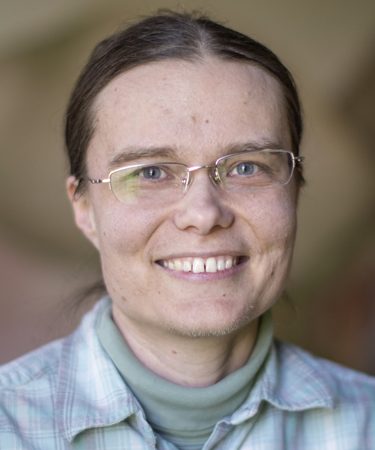
In this episode, Dr. Jakobina Arch recasts our perspective of the Meiji Restoration and of Japan out to sea by charting the history of Japanese whaling. We question the sustainability of premodern whaling, discuss changes in whaling practices during the Meiji Period, interrogate the lack of attention to the oceans and to whaling in Japanese history, and navigate debates over Japanese whaling today.
Episode 46 – Dr. Nick Kapur (Rutgers University-Camden)
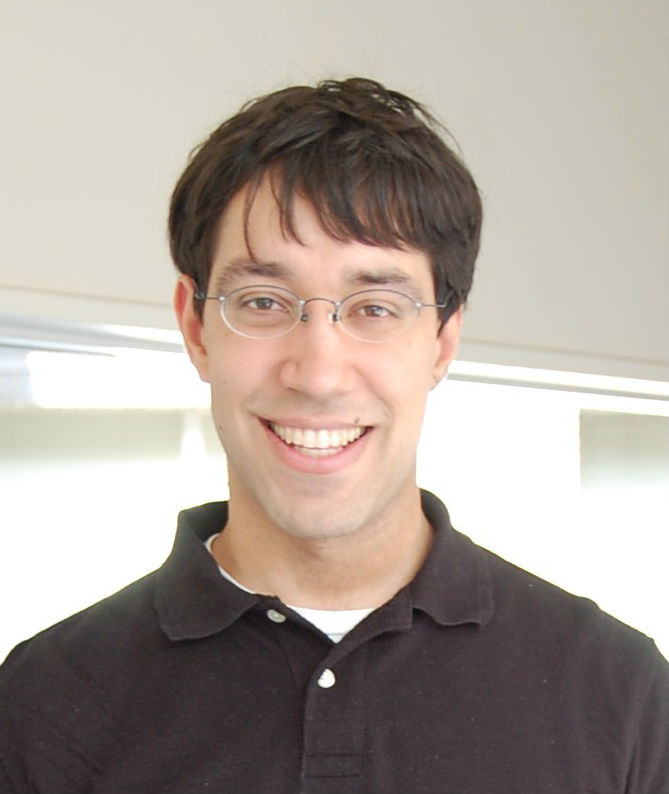
In this episode, Dr. Nick Kapur resituates the 100th anniversary of the Meiji Restoration into the global revolution of 1968, retracing government designs for the ceremony and outlining the opposition of academic historians. We discuss the context of public protest in postwar Japan, popular reactions to shifting geopolitics, and the actions and motivations of student protestors before comparing the making and meaning of the 100th anniversary to the 150th.
Episode 45 – Dr. Sarah Thal (University of Wisconsin-Madison)
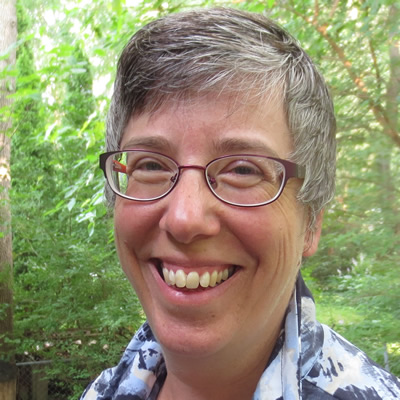
In this episode, Dr. Sarah Thal revisits the political history of the 1890s to reconstruct the foundations of Bushidō as a gendered code of Japanese popular ethics and morals. We discuss Bushidō in the context of the Meiji Civil Code, question Bushidō as a proxy national religion for ideological unification, and place Bushidō in the growing conservatism and nationalism of the mid-Meiji Period.
Episode 44 – Dr. Takashi Fujitani (University of Toronto)
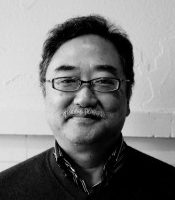
In this episode, Dr. Takashi Fujitani traces the origins of Japanese nationalism and imperialism to the Meiji Period and delineates the impacts of nationalism on historical memory in Japan and the United States. We discuss shifts in nationalism in prewar Japan, accusations of contemporary Japanese neo-nationalism, and the regional significance of the Meiji Restoration. (Transcript here).
Episode 43 – Prof. Tessa Morris-Suzuki (Australian National University)
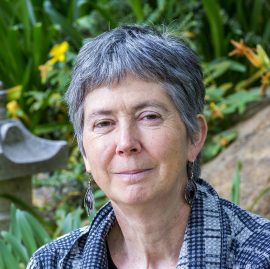
In this episode, Prof. Tessa Morris-Suzuki de-centers the history of the Meiji Restoration by refocusing our attention on the territorial incorporation of Japan’s frontier areas: Ezo, Sakhalin, the Ryūkyūs, Tsushima, and the Bōnin Islands. We discuss Japanese proto-colonialism prior to 1868, continuities in colonialist expansion into Hokkaidō and Korea, and changing conceptions of Japan’s position in the world in response to western imperialism as seen in mid-19th century maps. (Transcript here).
Episode 42 – Dr. Timothy David Amos (National University of Singapore)
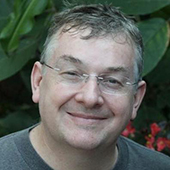
In this episode, Dr. Timothy David Amos discusses the impacts of the Meiji Restoration on Japan’s Burakumin outcaste communities, detailing continuities in discrimination alongside the positive and negative effects of emancipation. We discuss the lineage of Buraku communities, their racialization and discrimination, commoners’ resistance to emancipation, and challenges facing Buraku communities today.
Episode 41 – Dr. Anne Walthall (University of California-Irvine)
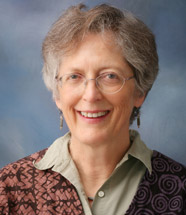
In this episode, Dr. Anne Walthall repopulates the history of the Meiji Restoration with the villagers, farmers, and laborers who carried out mass movements and popular protests in the years leading up to 1868. We discuss the agency of those commoners who were, and were not, directly involved in mass movements, bottom-up aspects of the Restoration, and Dr. Walthall’s recent textbook on politics and society in the Meiji Period. (Transcript here).
 Faculty of Art
Faculty of Art